As renewable energy becomes increasingly integral in our daily lives, Maysun Solar’s Balcony Solar Power Station, with its advanced technology and user-friendly design, represents a transformative approach to home solar solutions. The integration of a Data Transfer Unit (DTU) enhances its smart functionality and user experience. The DTU, a specialized communication device, collects and transmits performance data from the solar system, enabling real-time monitoring and optimization. In Maysun Solar’s setup, the DTU not only improves energy management efficiency and system reliability but also empowers users with additional control. By using the DTU and the S-Miles Cloud app, users can adjust the solar system’s power output to comply with various national energy standards. This article delves into the DTU’s pivotal role and how it makes Maysun Solar balcony solar power station operations more intelligent and efficient.

- 2 X Maysun 410W Venusun S / Venusun Solar Modules (Integrated with MOS bypass switch )
- 2 X Hoymiles HMS-400-1A Micro Inverters
- 1 Set of Solar Alternating Current (AC) Cable Accessories (5m cable, sealing, plug, T-type connectors)
- 2 Sets of Installation Accessories
- Data Transmission Unit (optional)
What is a Data Transfer Unit (DTU)?
DTU, the Data Transfer Unit, is a pivotal component in solar power systems, responsible for collecting data from solar inverters and related devices. It transmits this data to a central monitoring system, enabling real-time monitoring and management of solar panel performance and output. This helps optimize energy utilization and ensures efficient system operation. Additionally, DTU supports remote management, allowing users to oversee their solar power systems from afar, adding convenience and flexibility. DTU also enhances system reliability and safety through its fault diagnosis and alert functionalities.
Table of Contents

How Data Transfer Unit (DTU) Works?
The Data Transfer Unit (DTU) efficiently manages solar energy data in a compact form, linking microinverters with the S-Miles Cloud. It collects data via Sub-1G wireless communication, then transmits it to the cloud using Wi-Fi. The S-Miles Cloud processes this data, displaying detailed insights on your photovoltaic system’s performance and energy output on your dashboard. Despite its advanced technology, the DTU is user-friendly and accessible across multiple devices(including phone,tablet,desktop computer), ensuring ease of use even with its sophisticated capabilities.

The Functions of Data Transfer Unit (DTU)
The DTU in Maysun Solar’s Balcony Power Station plays a vital role with key functions including:
1.Real-Time Monitoring: Continuously tracks each solar panel’s output for up-to-date system performance.
2.Data Management: Gathers and stores solar panel data, allowing analysis of long-term performance trends.
3.Efficiency Enhancement: Monitors module-level data to quickly identify and resolve efficiency issues.
4.Power Output Adjustment: Users can change the solar station’s output power in real-time via an app, toggling between 600W and 800W to optimize energy use.
5.Remote Management: The DTU’s integration with S-Miles Cloud enables remote system management and monitoring, adding convenience and flexibility.
6.User-Friendly Interface: Easy interaction with the solar system through a mobile app enhances the user experience.
7.System Health Alerts: Provides real-time alerts and diagnostics for rapid identification and resolution of technical issus.
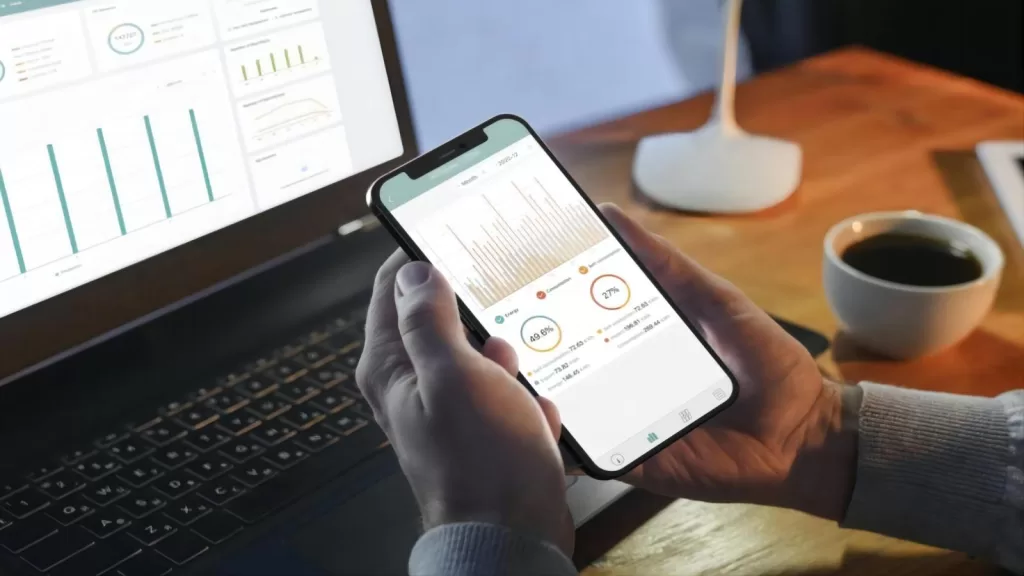
How to Install and Operate Your Data Transfer Unit (DTU)?
Setting up and maintaining your Data Transfer Unit (DTU) is key to maximizing your solar system’s efficiency. Here’s a straightforward guide:
1.Powering the DTU: Connect it to its adapter and plug it into a power source, like a wall socket or power strip.
2.Online Setting and Network Configuration: Once the DTU is powered on, you’ll need to download the Hoymiles mobile installer app. Through this app, you can connect the DTU to your Wi-Fi network, ensuring it has internet access.
3.Installation Map Completion: The final step involves the installation map. Place the DTU’s serial number label on the map and fill in the necessary system information as required by the guide.
These steps ensure a proper setup for the DTU to function effectively in your solar power system. For more detailed instructions and guidance, refer to the provided installation guide and user manual (click to download).
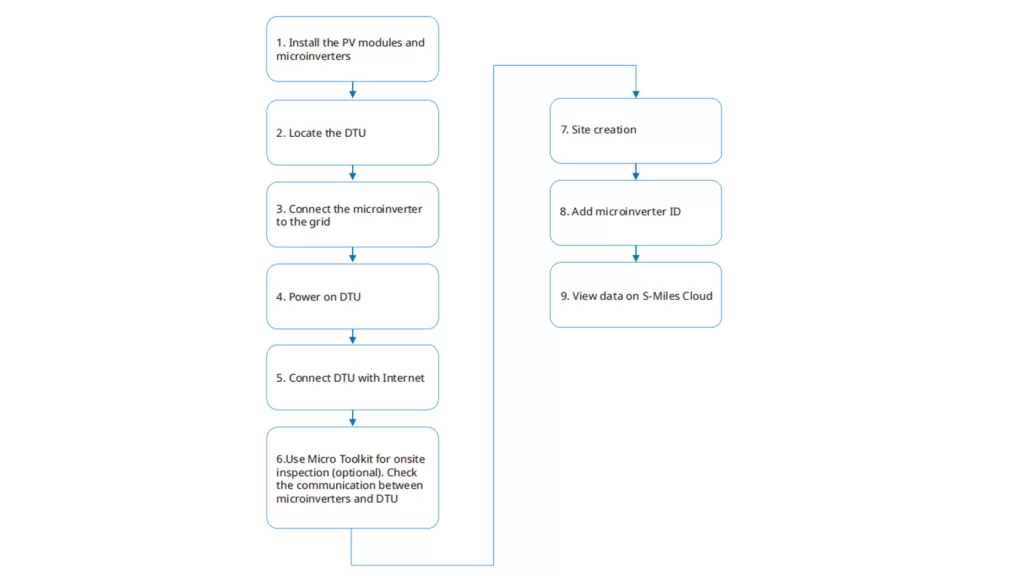
Effortlessly Adjust Your Balcony Power Station’s Output
The combination of DTU with S-Miles Cloud greatly enhances the flexibility of Maysun Solar Balcony Power Station. This integration allows users to easily adjust the station’s output power in real time using a mobile app. Tailoring the output of your 800W Balcony Power Station to 600W is straightforward. Ensure your DTU and micro-inverter are up and running first. Here’s how:
1.Log into the app (S-Miles Cloud).
2.Find your power station.
3.Switch to the settings page.
4.Choose ‘Power Adjustment’.
5.Confirm the current power setting.
6.Adjust the output percentage (2% to 100%). For reducing 800W to 600W, enter 75%.
7.Apply your settings and await confirmation.
To return to full power, simply adjust back to 100%. For detailed guidance, click to download the Balcony Power Station Power Adjustment Guide.
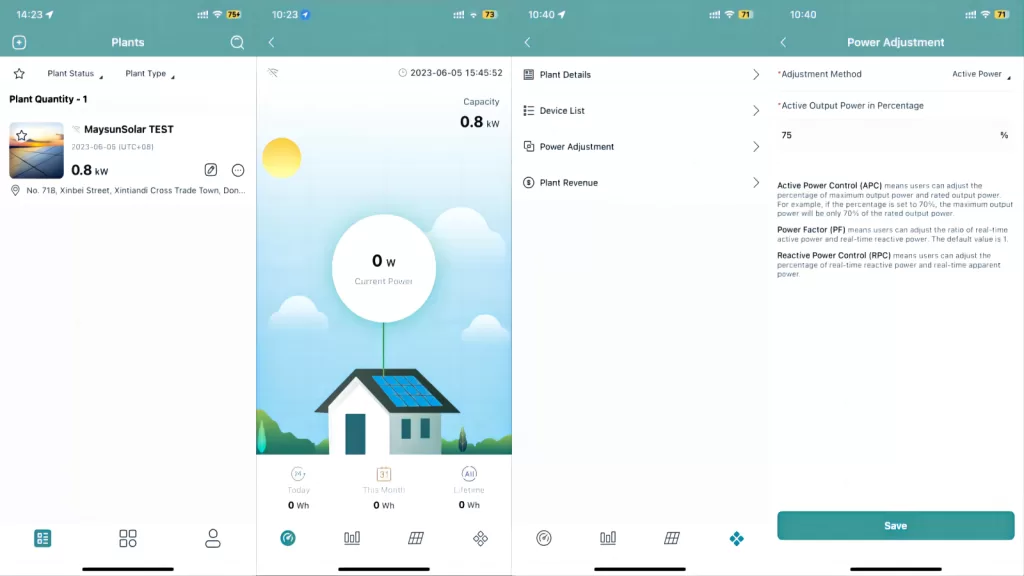
Frequently Asked Questions About DTU
Why is the warranty period shorter for DTU compared to microinverter?
DTUs typically have a lower protection rating against environmental elements than microinverters (IP67). This means they are more prone to environmental wear like dust and humidity, impacting their longevity. Microinverters are designed to endure tougher conditions, hence they come with longer warranties.
Does a shorter warranty indicate DTUs are less durable?
Not necessarily. Despite the shorter warranty, DTUs don’t break easily. They are thoroughly tested and crafted for lasting performance under normal conditions. The shorter warranty reflects their relative susceptibility to environmental conditions, not a lack of quality or durability.
In conclusion, the integration of the Data Transfer Unit (DTU) in Maysun Solar’s Balcony Power Station offers a blend of efficiency, convenience, and advanced monitoring capabilities. From real-time performance tracking to flexible power output adjustment, the DTU enhances the overall solar energy experience. For those looking to delve deeper into the technical aspects and capabilities of the DTU, a comprehensive datasheet is available. Click to download the datasheet and explore the detailed specifications of this innovative component.
Reference:
https://www.hoymiles.com/resources/blog/what-is-a-solar-gateway-dtu-and-does-my-solar-system-need-one/
https://www.hoymiles.com/product/dtu/lite-s/?utm_term=&utm_campaign=GA-EU-Pmax-Visit-0116&utm_source=adwords&utm_medium=ppc&hsa_acc=1001452841&hsa_cam=20947836713&hsa_grp=&hsa_ad=&hsa_src=x&hsa_tgt=&hsa_kw=&hsa_mt=&hsa_net=adwords&hsa_ver=3&gad_source=1&gclid=Cj0KCQiAqsitBhDlARIsAGMR1Rjl3kkQZBmfvf6lGKU2q1-Ls93OkliPgZWGRuKIKQkJJPfhtZYpbAAaAoA_EALw_wcB
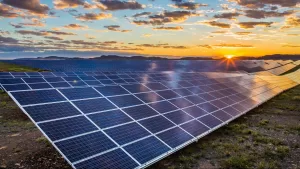
New Photovoltaic news you should know about (March 2024)
Table of Contents REC Unveils a 430 W Heterojunction Solar Module Boasting 22.2% Efficiency REC, a Singapore-based PV module manufacturer, introduces its residential solar modules featuring Alpha heterojunction cell technology. Production has commenced at REC’s Industry 4.0 fab in Singapore, with initial shipments
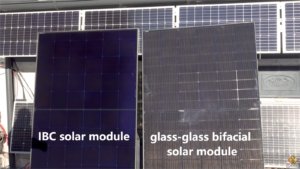
IBC Solar Modules vs. Bifacial Glass-Glass Solar Modules: Which Is More Suitable for Winter or Low-Light Conditions?
Table of Contents Introduction As the demand for renewable energy continues to surge, advancements in solar technology have broadened the spectrum of component choices available to us. Among these, IBC (Interdigitated Back Contact) full black solar modules have garnered special attention due to
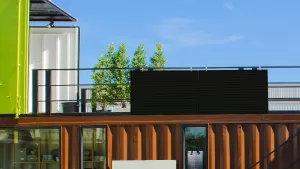
Why Are Lightweight Bifacial Solar Panels the Best Choice for Balcony Solar Power Plants?
Table of Contents In the quest for efficient and eco-friendly home energy solutions, solar photovoltaic technology has emerged as a key player due to its sustainability and clean energy benefits. Particularly in the space-constrained urban settings, the effective conversion of every inch of
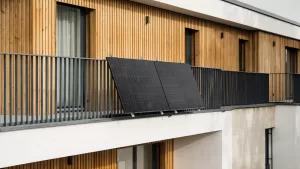
Questions You Might Ask About Balcony Solar Power Plants in 2024
Table of Contents What is a Balcony Solar Power Plant? Similar to a traditional photovoltaic panel, a Balcony Solar Power Plant is a device designed to generate electricity from solar energy. This green energy generator is specifically tailored for self-consumption, but it comes with
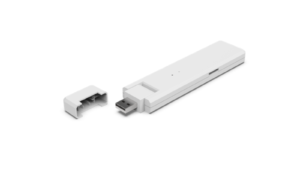
A Step-by-Step DTU Guide for Balcony Solar Power Plants
As renewable energy becomes increasingly integral in our daily lives, Maysun Solar’s Balcony Solar Power Station, with its advanced technology and user-friendly design, represents a transformative approach to home solar solutions. The integration of a Data Transfer Unit (DTU) enhances its smart functionality
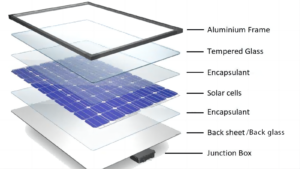
What Are The Main Components of Solar Panels?
What are the main components of solar panel? Solar panels, the cornerstone of solar energy technology, are composed of several integral parts, each contributing to their ability to harness sunlight and convert it into electrical energy. In this article, we will explore the essential
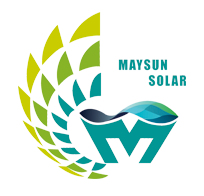
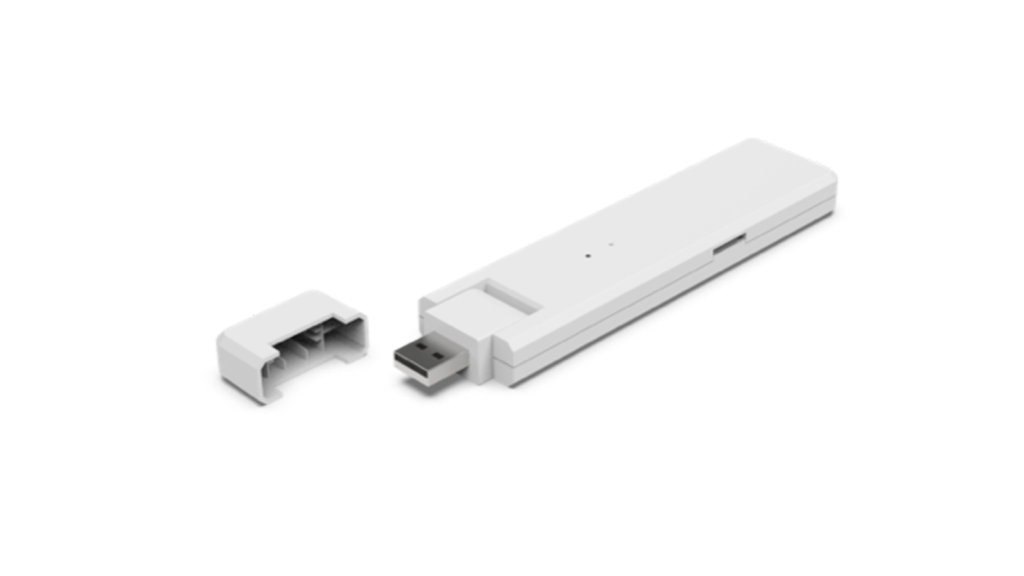
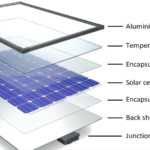
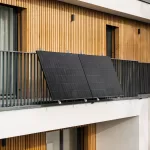
Pingback: Why Are Lightweight Bifacial Solar Panels the Best Choice for Balcony Solar Power Plants? - Professional Distributed PV Module Manufacturer